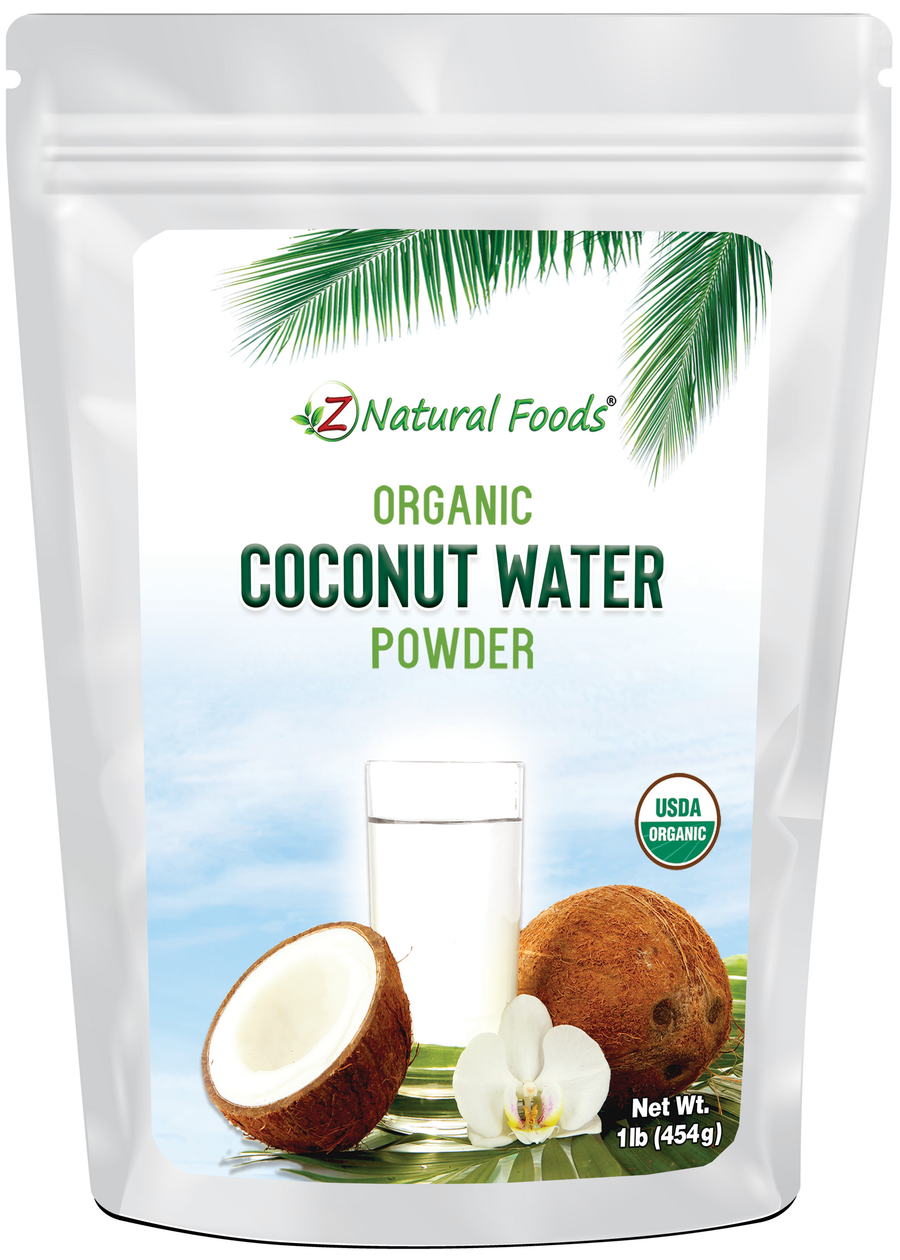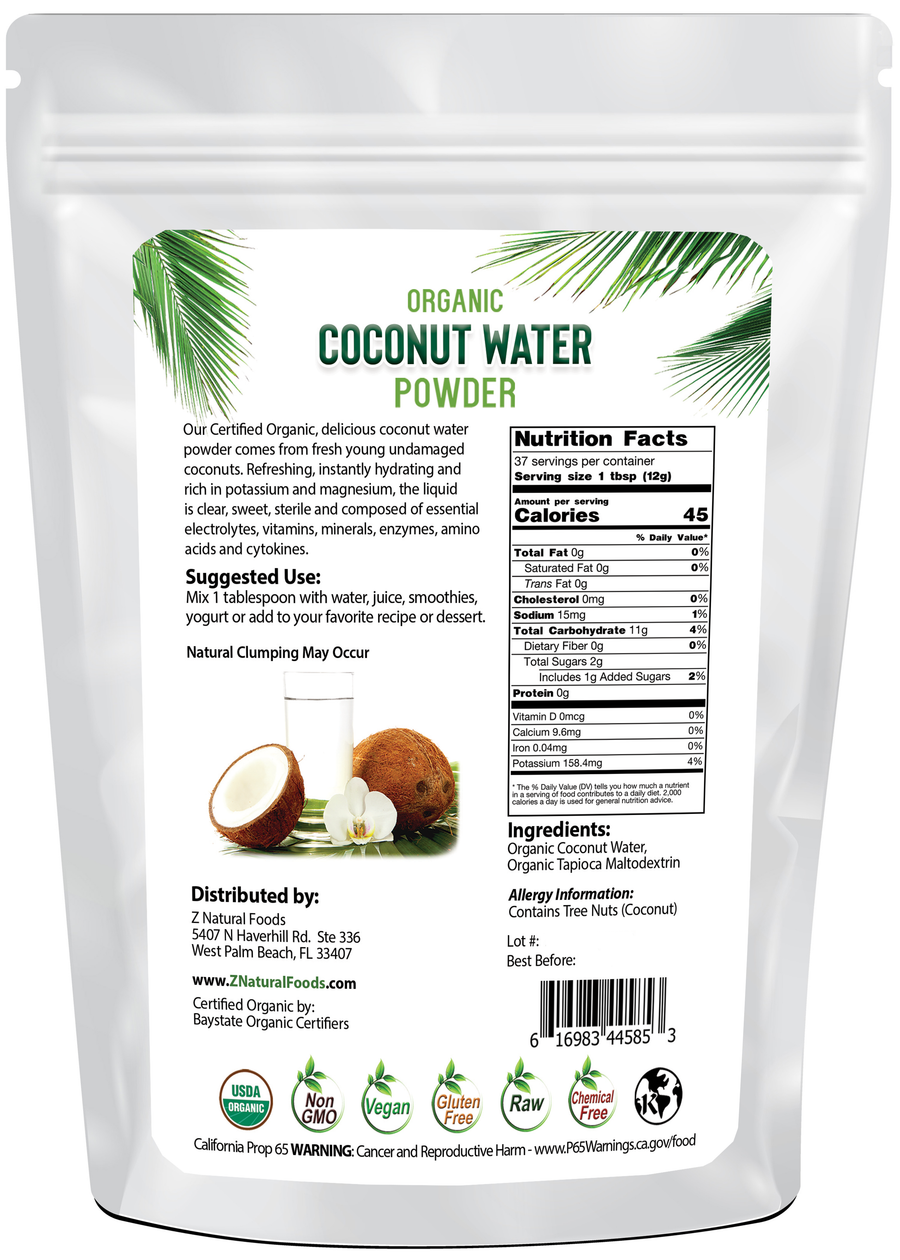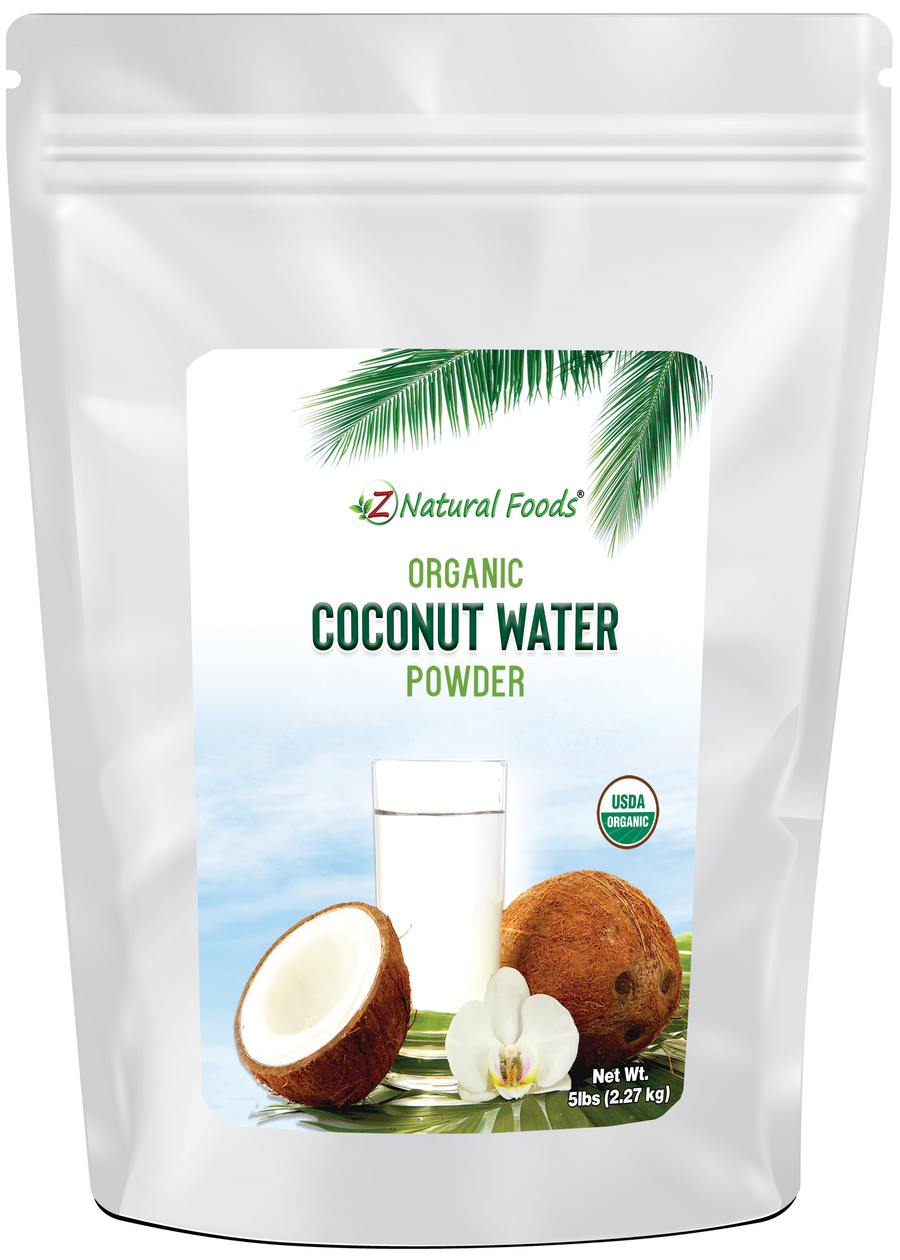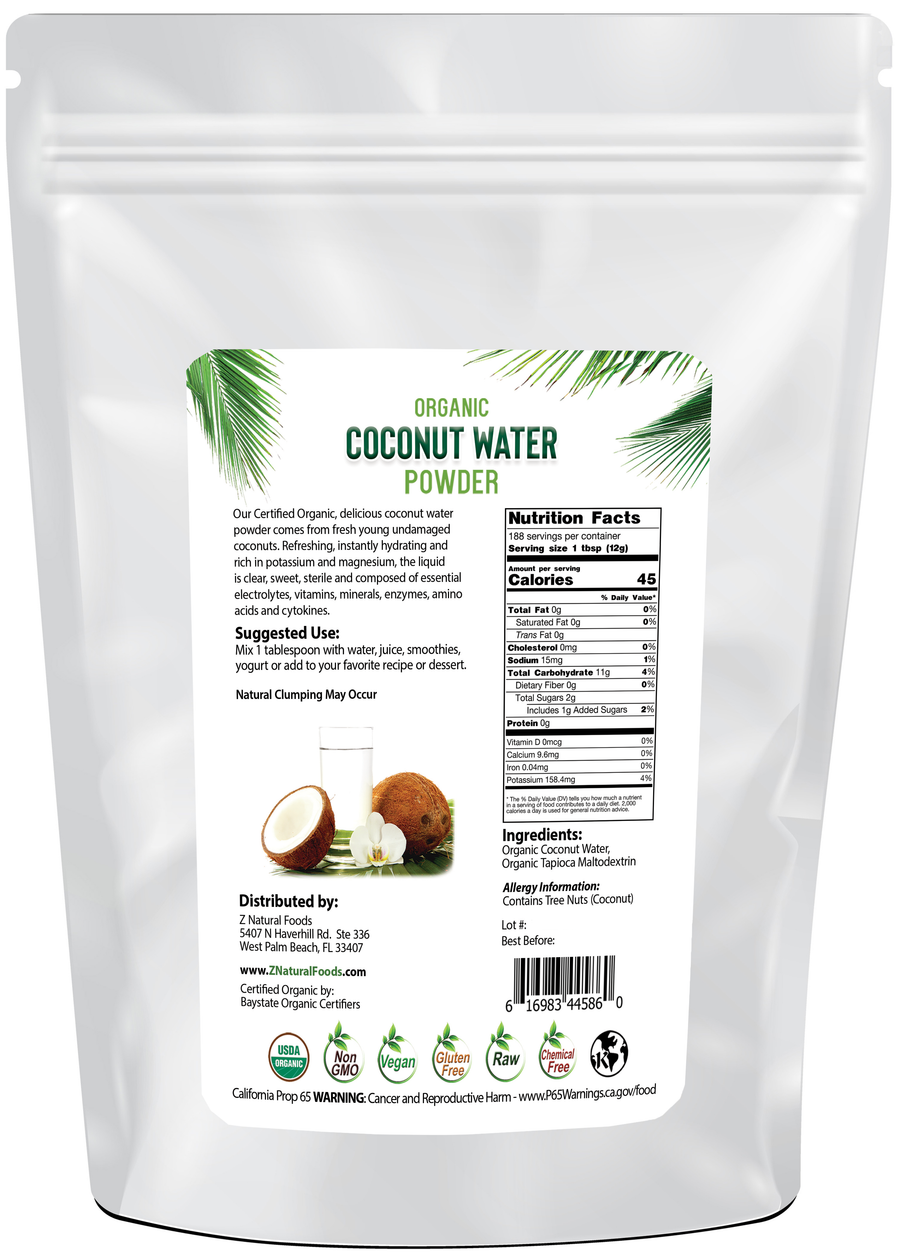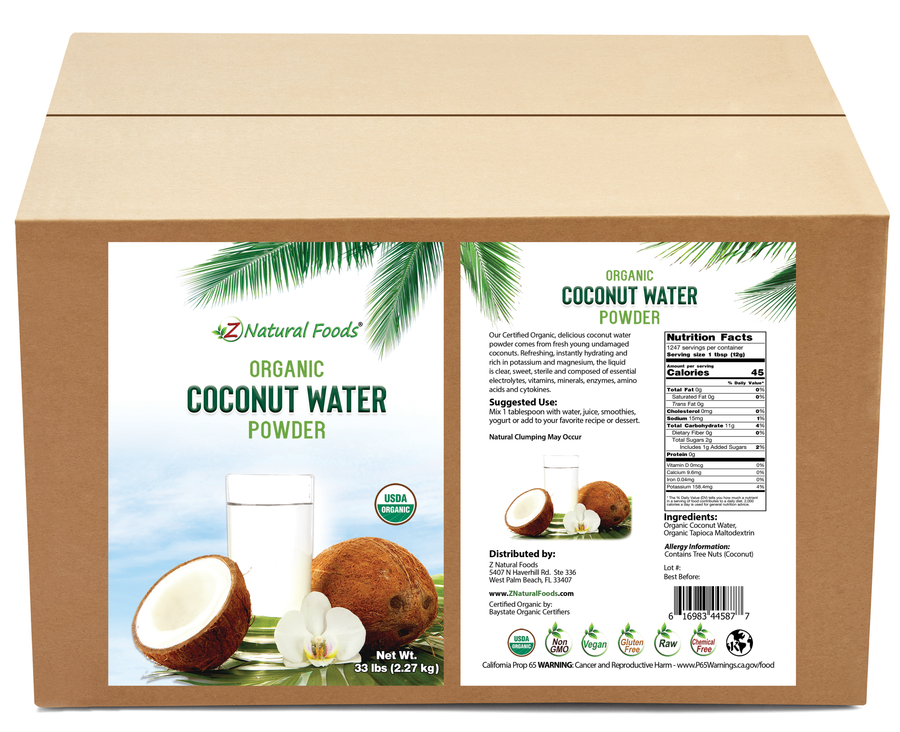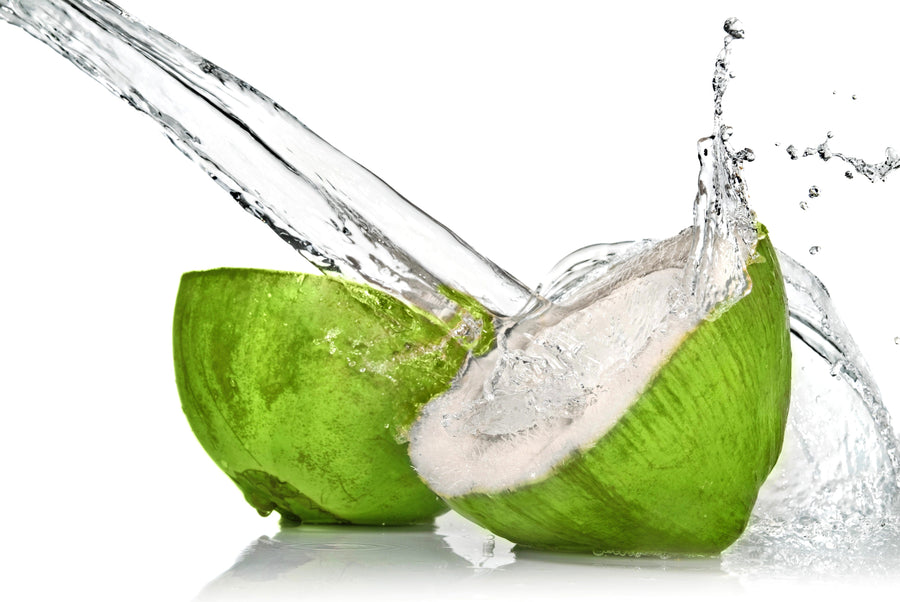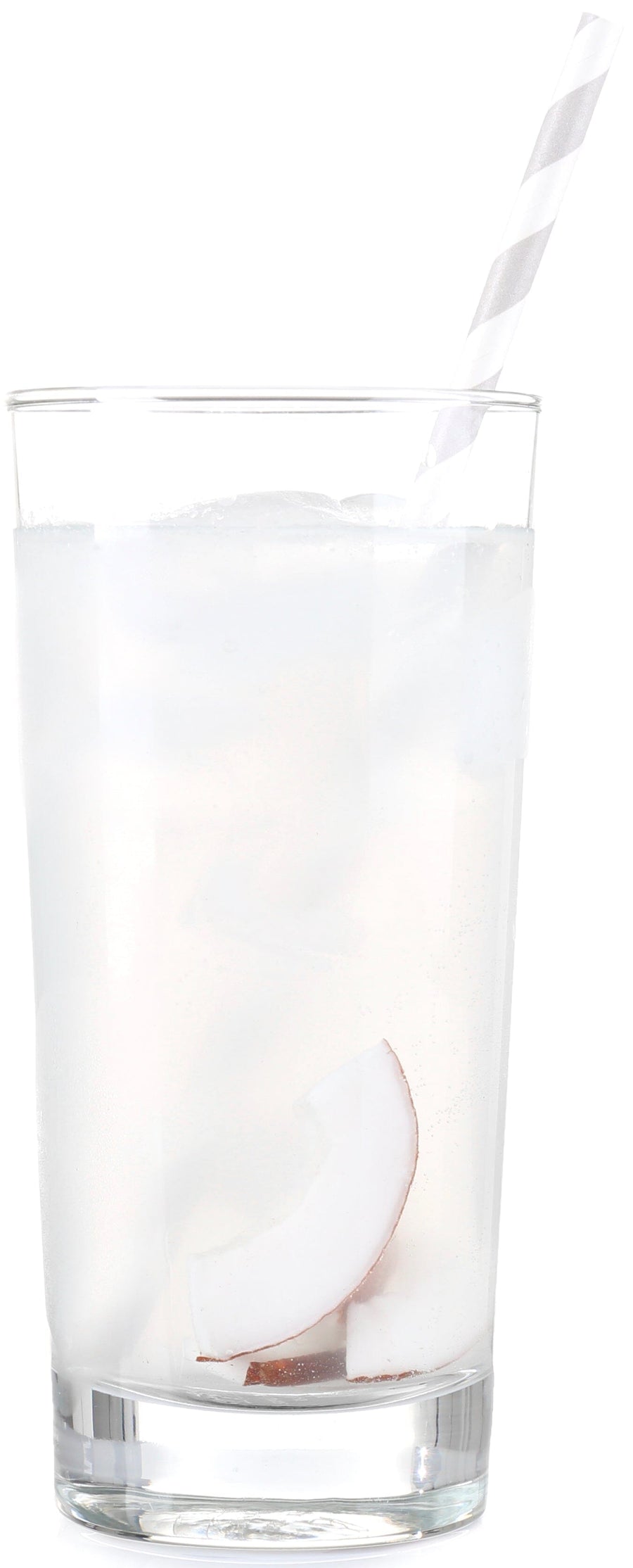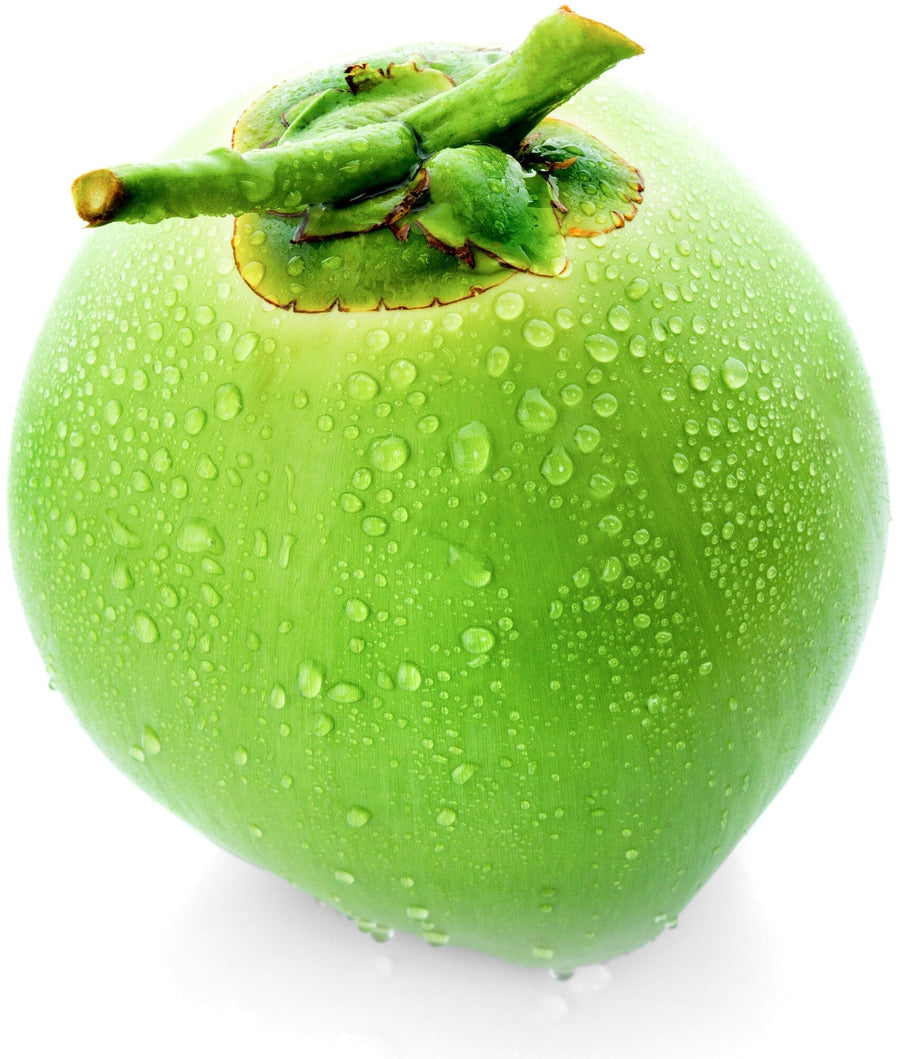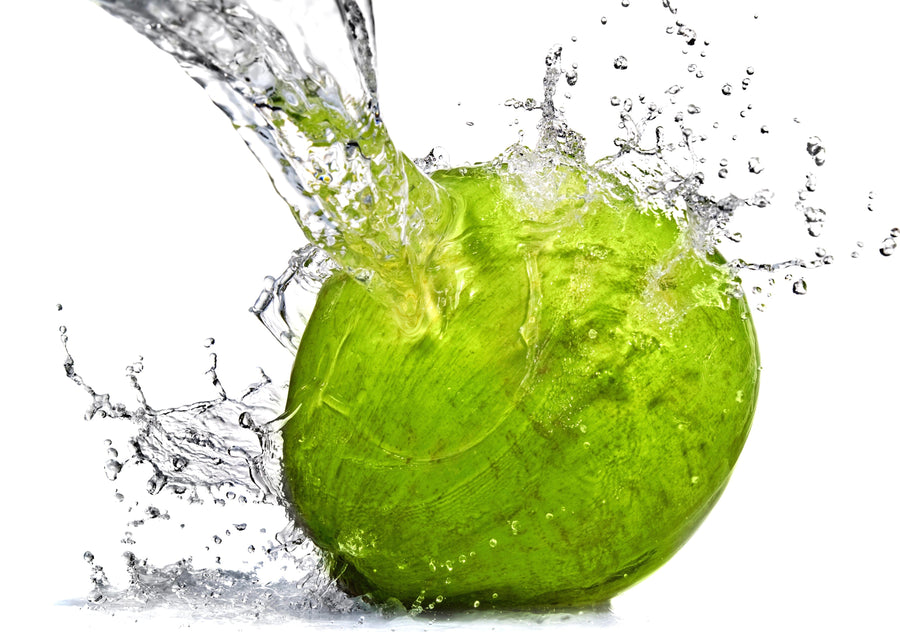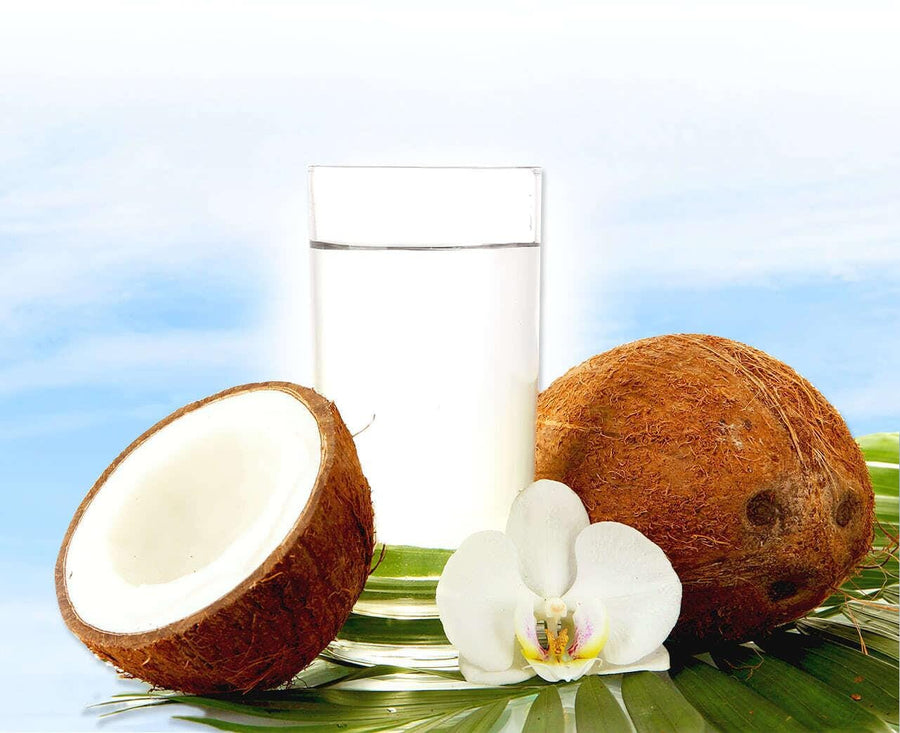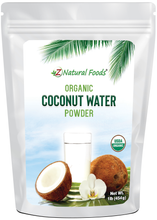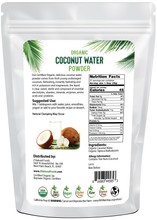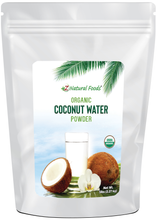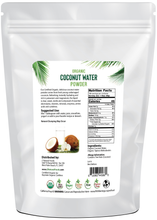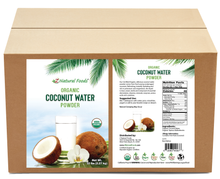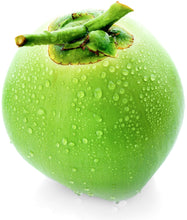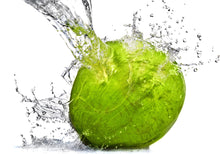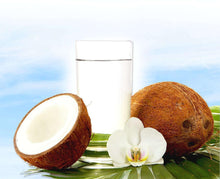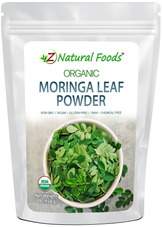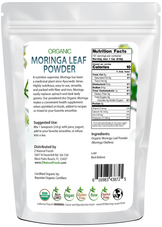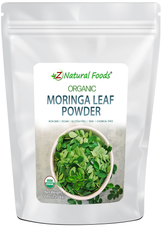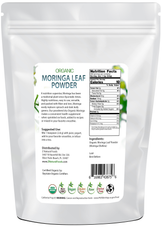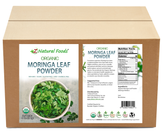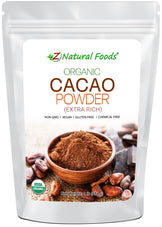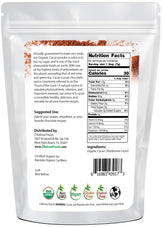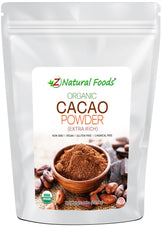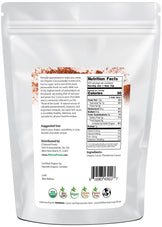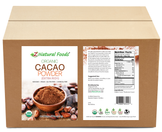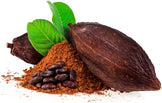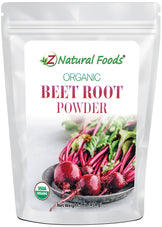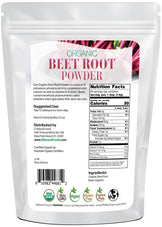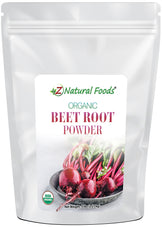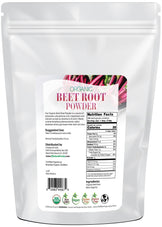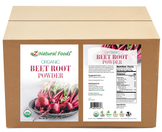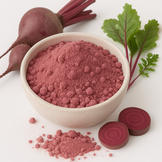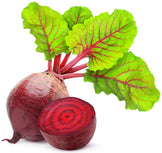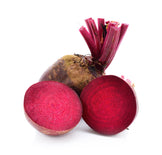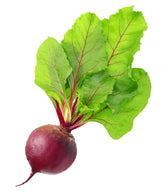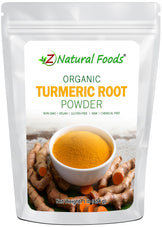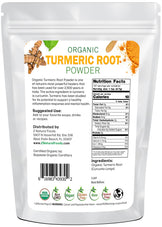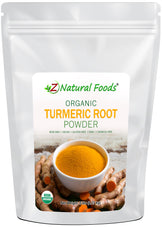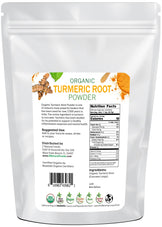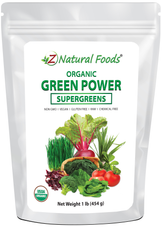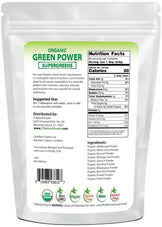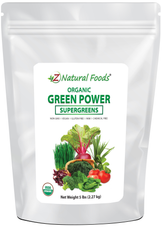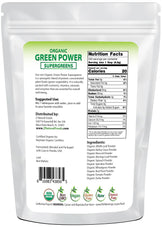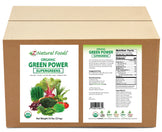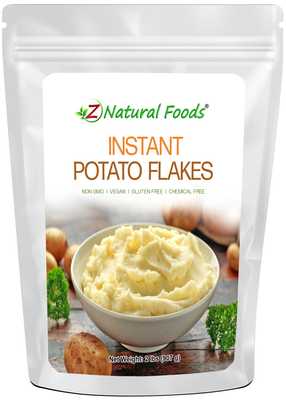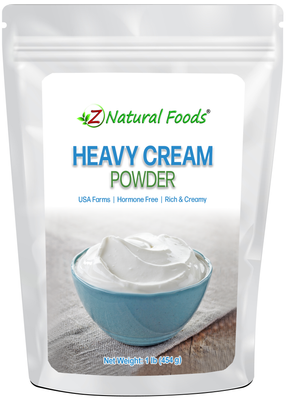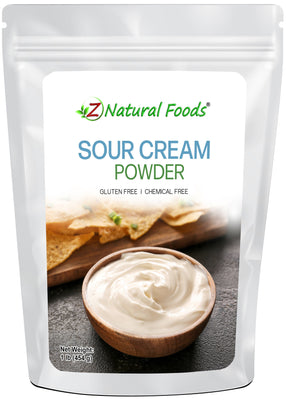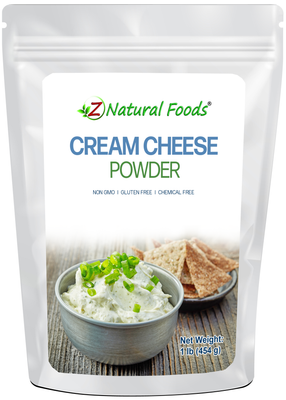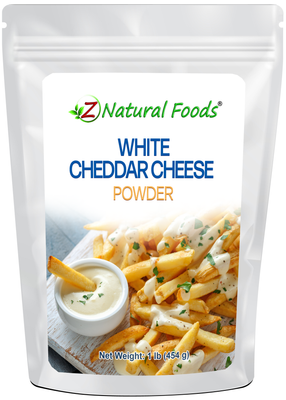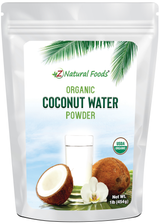About Product
Coconut Water Powder is made from the naturally refreshing liquid of young green coconuts, carefully dried into a light, shelf-stable powder. It has a crisp, mildly sweet flavor that mixes easily with water, smoothies, or juices for a tropical boost.
Convenient and versatile, this powder is a pantry staple for drinks, baking, and cooking. Its clean taste and easy mixing make it a simple way to enjoy coconut water anytime, without the need for refrigeration.
This product is 100% natural and minimally processed. Taste, smell, texture, and color vary from batch to batch. Due to its nature, this powder tends to clump. If clumping occurs, lay the bag on a flat surface and place a towel over the bag. Then pound on the bag until the clumps break up. The towel will help protect the bag from damage. To further reduce clumping, push as much air as possible before sealing the pouch and storing it in the refrigerator or freezer.
Suggested Use: Mix one tablespoon with water, juice, and yogurt, or add to your favorite smoothie. One pound of Organic Coconut Water Powder contains about 32 servings, equivalent to the coconut water from 32 fresh young coconuts. One rounded tablespoon (14 g) equals drinking all coconut water (12 oz) contained in an average-sized young coconut.
Mixing suggestions: To increase flavor and nutritional profile, combine with our organic tart cherry powder, organic banana flakes, and freeze-dried blueberry powder.
Botanical Source: Cocos nucifera.
Other Names: Coconut juice, coconut water.
Parts Used: Coconut Water.
Ingredients: Organic Coconut Water and Organic non-GMO maltodextrin extracted from tapioca*.
*This product contains a small amount of tapioca starch, which is a starch made from organically grown non-GMO yuca root (cassava root). This starch acts as a drying agent and keeps this powder from clumping into hard chunks or one solid brick.
For more information about tapioca starch derived from cassava root (yuca root), click here.
Origin: Grown and harvested in Vietnam and packaged with care in Florida, USA.
Certifications: Certified USDA Organic.
How to Maintain Optimum Freshness
- This product is packaged in airtight stand-up, resealable foil pouches for optimum freshness.
- Once opened, push the air out of the pouch before resealing it to preserve maximum potency.
- Keep your powder in a cool, dark, dry place.
This product is 100% natural and minimally processed:
Taste, smell, texture, and color vary from batch to batch. Go here to learn why our products may naturally vary.
The important protections we take to bring you safe and nutritious superfoods:
Please go here to discover the essential steps we take to deliver fresh, quality nutrition.
Bulk Quantities?
Need to order a large quantity of our products? We are happy to help! Please get in touch with our Bulk department to discuss the details.
Bulk Quantities?
Need to order a large quantity of our products? We'd be happy to help! Please get in touch with our Bulk department to discuss the details.
* Product packaging, pictures, and origin may vary.
Sources & References
1. Natural Standard Monograph; Palm Oil; Christopher Chan; 2011
2. "The Journal of Nutrition"; Consumption of a Solid Fat Rich in Lauric Acid Results in a More Favorable Serum Lipid Profile in Healthy Men and Women than Consumption of a Solid Fat Rich in Trans-fatty Acids; Nicole M. deRoos; February 2001
3. European Food Safety Authority Journal; "Scientific Opinion on the Safety of Sucrose Esters of Fatty Acids..."; 2010
4. The AOCS Lipid Library; Commodity Oils and Fats - Palmkernel and Coconut Oils; February 2011
5. "Harvard Health Letter"; Ask the Doctor: I Have Started Noticing More Coconut Oil at the Grocery Store...; Walter Willett; May 2011
6. Beccari, O. The origin and dispersal of cocos nucifera. The Philippine journal of science, C. Botany, v.7, Jan. 1917: 27- 43. http://cocos.arecaceae.com/beccari.pdf
7. Davidson, Alan. Coconut in Penguin companion to food. New York, Penguin Reference, c2002. p. 239-241.
8. Duke, James A. Cocos nucifera L. in Handbook of nuts. Boca Raton, FL, CRC Press, c2001. p. 100-109.
9. Hill, Arthur W. The original home and mode of dispersal of the coconut. Nature, v. 124, July 27, 1929: 133-134, 151-153.
10. Macbean, Valerie. Coconut cookery: a practical cookbook encompassing innovative uses of the tropical drupe Cocus nucifera, accompanied by assorted information and anecdotes ranging from hard data to the frankly frivolous. Berkeley, Frog Ltd., North Atlantic Books, c2001. 198 p.
11. Modern coconut management: palm cultivation and products. Edited by J. G. Ohler. London, Intermediate Technology Publications, 1999. 458 p.
12. Rosengarten, Frederic Jr. Coconuts in The book of edible nuts. Mineola, NY, Dover Publications, 2004. p. 65-93.
13. Woodroof, Jasper Guy. Coconuts: production, processing, products. Westport, CT, AVI Publishing Co., 1970. 241 p.
* Reviews & Success Stories Disclaimer
Product reviews solely reflect the views and opinions expressed by the contributors and not those of Z Natural Foods. Z Natural Foods does not verify or endorse any claims made in these reviews. Statements have not been evaluated by the FDA and are not intended to diagnose, treat, cure, or prevent any disease or health condition.REFERRAL PROGRAM
Share your personal link to your friends and welcome them with rewards. Claim yours when they make their first purchase.

GIVE
$10 off discount

GET
$10 off discount
Other products in the same category
Instant Potato Flakes
$33.61
Heavy Cream Powder
$25.61
Sour Cream Powder
$25.61
Cream Cheese Powder
$30.41
White Cheddar Cheese Powder
$30.41
